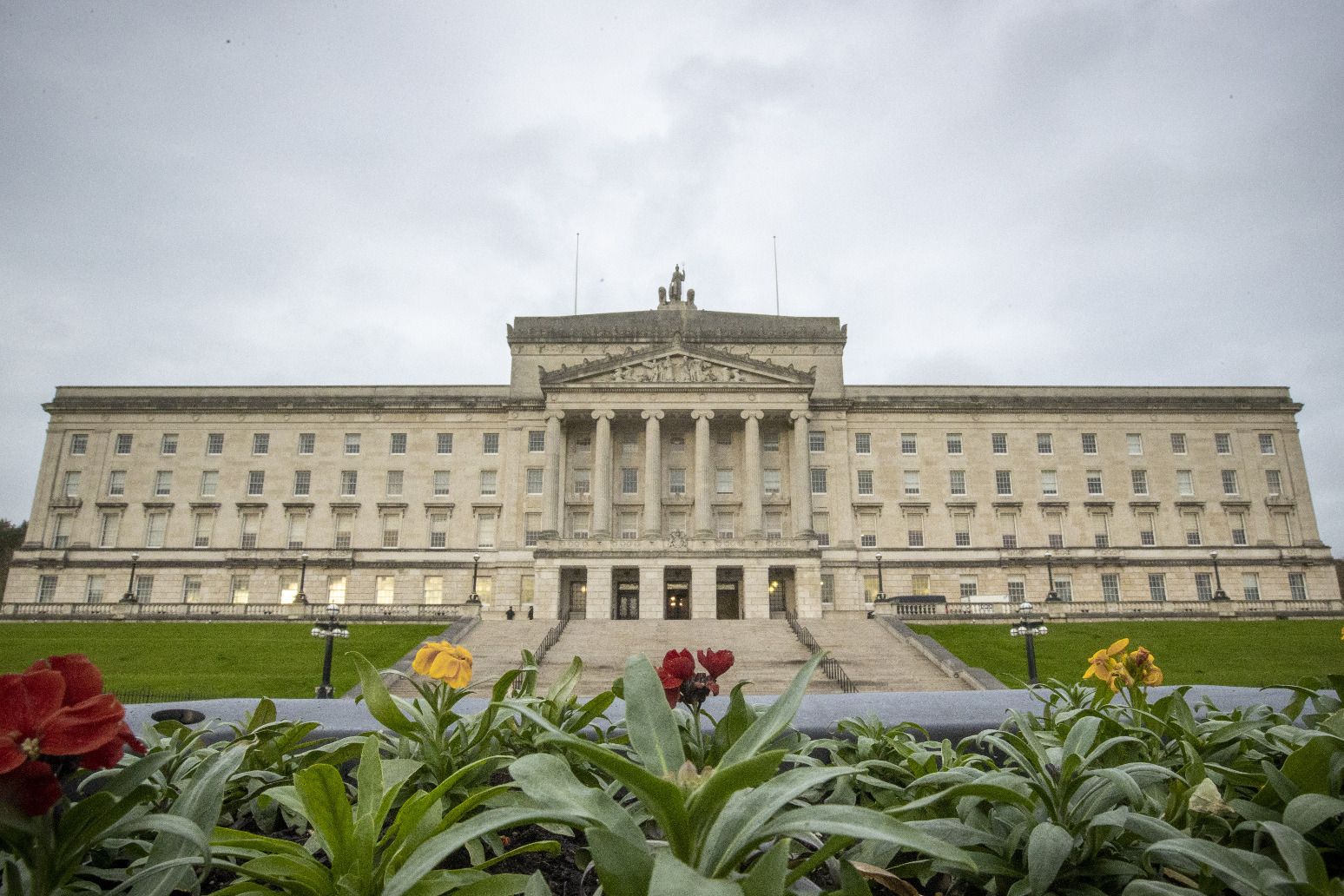
Latest powersharing deadline in Northern Ireland passes without a breakthrough
The UK government has once again assumed a legal duty to call a snap Assembly election in the region within 12 weeks
The latest deadline to restore powersharing in Northern Ireland has passed with the devolved institutions in Belfast still in cold storage.
The UK government has once again assumed a legal duty to call a snap Assembly election in the region within 12 weeks.
Northern Ireland Secretary Chris Heaton-Harris made clear he will not make an announcement about any potential election date for at least several weeks.
He has given himself time to consider options in the hope that the Government and EU can strike a deal in the interim on the issue at the heart of the powersharing impasse – Brexit’s Northern Ireland Protocol.
If a deal emerges that convinces the DUP to return to Stormont then the Government could legislate to avoid the need for a fresh election.
The ongoing DUP block on the functioning of powersharing, in protest at the protocol, has ensured the Stormont institutions have remained in flux since the last Assembly election in May.
The ministerial executive collapsed three months earlier when the DUP withdrew its first minister.
Mr Heaton-Harris has expressed hope that a breakthrough on EU/UK talks on Irish Sea trade can deliver a solution that facilitates the return of powersharing.
On Thursday, Mr Heaton-Harris and fellow UK ministers joined counterparts from Ireland’s government for a meeting of the British Irish Intergovernmental Conference in Dublin.
Commenting on his next steps, he said: “I’m going to talk to all the parties concerned.
“You will be aware that there are also important talks going on in Brussels between the UK government and European Union.
“And if we can solve one problem, we might be able to solve another.
“So, I think it’s worth me taking the time to consider my options.”
Ireland’s deputy premier Micheal Martin has said there was an obligation on the DUP to drop its Stormont boycott irrespective of what emerges from EU/UK talks on the protocol.
The Tanaiste also attended Thursday’s intergovernmental meeting.
“There’s an overriding obligation irrespective of those talks on the DUP, in my view, to fulfil the mandate of the people of Northern Ireland,” he said.
“And I’m passionately of the view that when you have elections, what should naturally follow is the convening of an assembly, or a parliament and a government – that’s democracy in action and the people of Northern Ireland deserve no less and I’ve made these points to the DUP and to other political parties.
“I made those points three years ago when the Assembly was collapsed by another party (Sinn Fein) and we had about a three-year absence and it was something I could never accept as a democrat.”
Polling day is usually around six weeks after an election is announced, so Mr Heaton-Harris would have until mid-March to call a poll if it is to be held before the 12-week period expires in mid-April.
That would give Mr Heaton-Harris another six weeks to see what emerges from the UK-EU talks on the protocol.
If a deal emerges in the coming weeks, and the DUP agrees to re-enter powersharing on the back of it, Mr Heaton-Harris could then ask Parliament to retrospectively extend the January 19 deadline for forming an executive – meaning the parties could return to Stormont without the need for a fresh election.
January 19 was the latest in a series of deadlines the parties have been given to resurrect devolution following May’s election.
As the institutions can only function with the co-operation of the largest nationalist party and largest unionist party, the DUP effectively holds a veto on powersharing returning.
The party has made it clear it will only go back into devolved government if significant changes are delivered on the protocol.
Many unionists in Northern Ireland are vehemently opposed to arrangements that have created economic barriers on the movement of goods between Great Britain and Northern Ireland, insisting the protocol has weakened the region’s place within the United Kingdom.
The EU and UK continue to engage in negotiations aimed at significantly reducing the red tape on Irish Sea trade, with both sides recently talking up the potential of an agreed solution being reached.
The DUP has made it clear any agreement that may emerge must meet its tests on removing trade barriers if it is to countenance a return to Stormont.
On Thursday, DUP MLA Emma Little Pengelly emphasised the need to resolve the protocol impasse.
“The issues cannot be dodged,” she said.
“Either the problems created by the protocol are resolved or basis for the restoration will not exist. The protocol must be replaced with arrangements that unionists can support.”
Earlier, Sinn Fein president Mary Lou McDonald said there was “finally a sense of movement” in the talks between London and Brussels.
Ms McDonald told Sky News there was “finally a sense that a reasonable, rational approach can be taken and a deal can be struck on the outstanding issues around the protocol, that those matters can be resolved, that we can then get back to work and delivering for people as the health crisis looms.
“In the grip of the cost-of-living crisis, it’s not too much for the people of the north of Ireland to expect that when they go out and they vote and return their democratic verdict that political leaders go back to work.”
Published: by Radio NewsHub